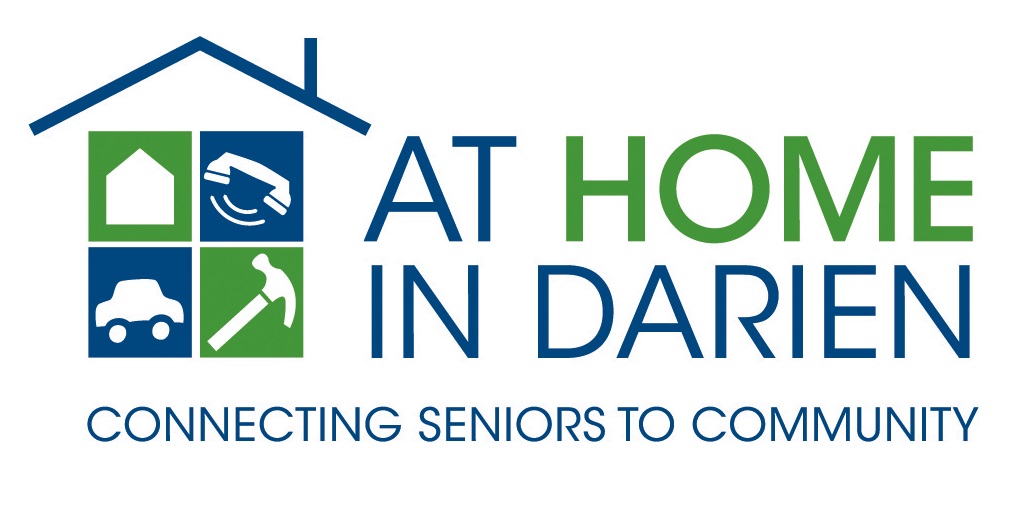What you need to know about the Census
The U.S. Constitution requires that a census be conducted every 10 years. 2020 is a census year and here’s some information about the census and why it’s important.
The census counts every person living in the United States at the address where they usually live and sleep, regardless of citizenship or immigration status. The results of the census are used to determine the number of congressional seats and the number of Electoral College votes for each state. The data also guides the distribution of an estimated $800 billion a year in federal funds, grants and support to states, counties and communities – money that is spent on schools, roads, and other public services.
The census data is also used to support community initiatives such as legislation and quality-of-life and consumer advocacy. Businesses use the demographic information to decide the best location for factories, offices and stores which can create jobs and benefit our economy. Local governments use the census for public safety and emergency preparedness. Real estate developers use the census to help plan new building projects and revitalize neighborhoods.
Census Day is April 1, 2020. Most households will receive a letter in mid-March with instructions on how to complete the census. If not completed by the end of March, you will receive a reminder in the mail. If you have still not responded by the end of April, a final reminder postcard will go out before the Census Bureau follows up in person.
The 2020 census will be the first where you will be able to respond online. You will also be able to call 1-800 numbers to give your responses over the phone.
The questions will be similar to those in the past and will ask:
- The number of people residing in the home on April 1, 2020.
- Whether the home is owned with or without a mortgage, rented, or occupied without rent.
- A phone number for a person in the home.
- The name, sex, age, date of birth, and race of each person in the home.
- Whether each person is of Hispanic, Latino, or Spanish origin.
- The relationship of each person to a central person in the home.
Your privacy is protected as the Census Bureau cannot publicly release your responses in any way that could identify you or your household. Your responses cannot be used against you and can only be used to produce statistics.
Should you be interested in becoming a census taker, you can get more information or apply online, at 2020census.gov/jobs or call 1-855-JOB-2020.
Most census jobs require employees to:
- Have a valid Social Security number
- Be a U.S. citizen
- Have a valid email address
- Have access to a vehicle and a valid driver’s license
- Have access to a computer with internet (to complete training)
We want you to stay safe while you take the 2020 census. Census scammers may try to contact you by phone, mail, or home visit, and may attempt to direct you to phony websites.
No genuine census survey or agent can:
- Ask for your Social Security number, bank, credit card, or account numbers
- Ask when you leave for or return to your home
- Ask for money or donations
- Ask for support for a political party
- Threaten jail time
Any of these is a sure sign that a supposed census taker is looking for ways to steal your identity, money or possessions.
Taking part in the census is your civic duty and completing the census is mandatory – it’s an important way to participate in our democracy.
Note that there will be information sessions offered in Darien to learn more, and also opportunities to get assistance to complete your census.

Thank you. A good reminder to be cautious.
You are very welcome!
Thank you for this information, another teaching moment by AT HOME IN DARIEN
I always learn something when I am researching for a blog!
If you’re interested in learning more about the changes to the 2020 Census, please join us at Darien Library on Tuesday, February 11 at 3:30 p.m. for Census 2020: What You Need to Know.
“Census Partnership Specialist Yvette T. Rose will explain how the 2020 Census is safe, easy, and important. She will provide details on how funding for critical programs affecting all Connecticut residents depends on a complete and accurate count. Yvette will also provide information on how to apply for new Census Bureau jobs that are available in our area.”
https://www.darienlibrary.org/event/4032
See you then!
Great opportunity at the Darien Library! Thanks!
Great Advice. NOT giving out your Social Security number is most important, as it has no bearing on the census count.
I have been spending the winter & part of early spring in CALIFORNIA at my daughter’ home where I will remain until the quarantine ends. How can I add my census info to CT. I am unable to get my mail sent to me, therefore is there a form online to fill out & send to the Census Bureau. I’m one of the Seniors waiting for our new Sr. Living home being rebuilt on the Post Rd., Darien. I have been temporarily living in STAMFORD on Hope St. My email address is below. Thank you for your consideration.😁 P.S. I… Read more »